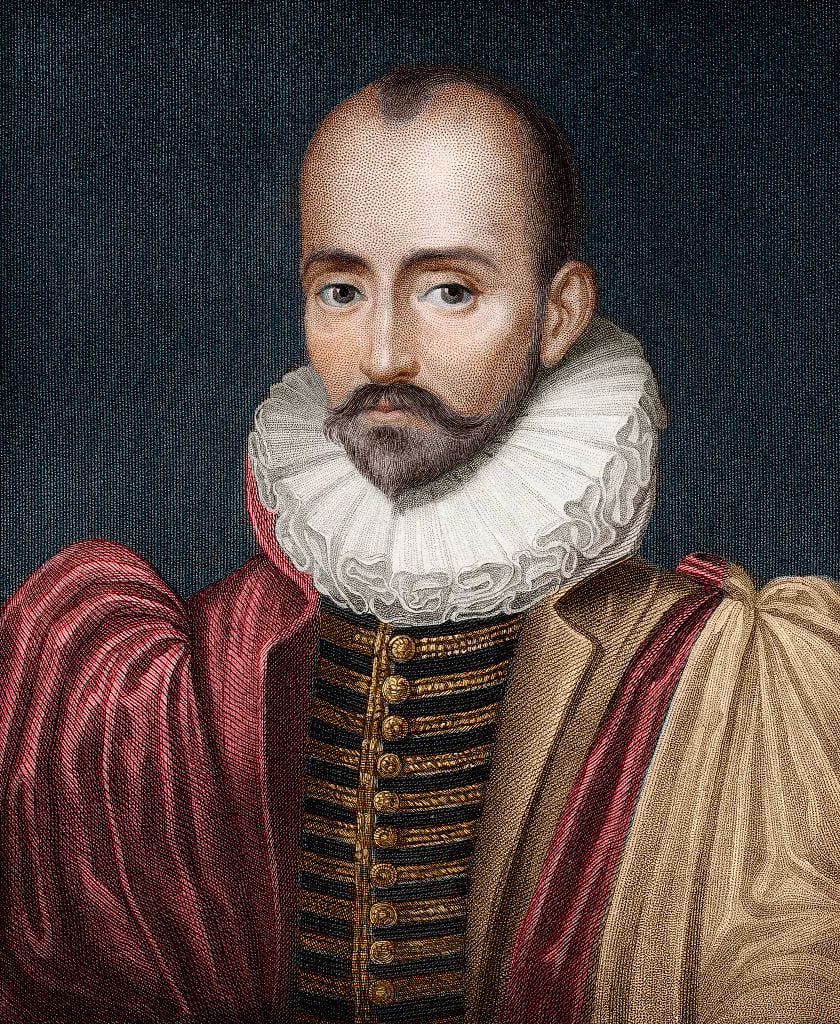
For centuries, the final resting place of Michel de Montaigne, the French Renaissance philosopher credited with pioneering the essay as a literary form, has remained a mystery. Now, the search is over. Probably.
The Musee d’Aquitaine in Bordeaux, France, claims to have found the remains of the 16th-century thinker in a tomb in the building’s basement.
“We are probably in the presence of Michel de Montaigne,” the museum’s director, Laurent Vedrine, said upon opening of the tomb this week, according to the AFP. “The historical and archaeological indications make us believe that we are on the right track. I think so, but we are not sure. We need to check.”
A church once stood on the grounds where the Musee d’Aquitaine, an institution dedicated to French heritage, now lives. It is believed that Montaigne was buried there after his death in 1592. But the site saw many changes in the centuries that followed, leaving later generations to wonder if the philosopher’s body was actually interned there.
The cenotaph of the French Renaissance writer and philosopher Michel de Montaigne (1533–1592) at the Musee d’Aquitaine in Bordeaux, France. Photo: Mehdi Fedouach/AFP via Getty Images.
In 2018, local authorities announced that human remains had been found in the museum’s basement. The discovery led to a yearlong quest to properly unearth the tomb and settle once and for all the mystery of whether Montaigne was buried below.
Early signs are positive. Inside the tomb was a wooden coffin with the word “Montaigne” etched on it. It held a lead container that archaeologists say included a skull, femur, and pelvic bone that may have belonged to the philosopher.
From here, researchers will analyze the tomb’s stone, the wood of the coffin, and the remains inside, all in an effort to uncover clues that prove they belong to Montaigne.